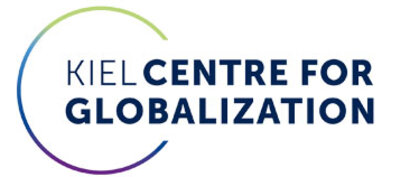13 Jun
2025
Kiel Trade Talks
The Macroeconomic Impact of Agricultural Input Subsidies – Laszlo Tetenyi
12:00
–
13:00
Speaker
Laszlo Tetenyi (Bank of Portugal)
Abstract
Governments operate agricultural input subsidy programs worldwide. Using a general equilibrium heterogeneous agent model featuring transaction costs, we quantitatively evaluate the macroeconomic consequences of such policies. Focusing on Malawi's Farm Input Subsidy Program, we find that while this extensive program decreases undernutrition, it reduces welfare by exacerbating misallocation and benefiting the wealthier urban population. We show that partial equilibrium analysis leads to contrary conclusions and that halving the subsidy rate or investing in infrastructure improves outcomes. Finally, we demonstrate that the microdata from Malawi and cross-country data from Sub-Saharan Africa are consistent with the predictions of our model.
The paper will be updated from the current version here.
Authors
Karol Mazur (Peking University HSBC Business School) — Laszlo Tetenyi (Bank of Portugal, Católica Lisbon School of Business and Economics)
Room
Media Room & online – if interested, please send an Email to kcg-office@ifw-kiel.de to receive the Seminar-Link or to register for participation in Kiel.
If you would like to be regularly informed about upcoming Kiel Trade Talks, please subscribe to our mailing list here.
If you do not wish to receive any further e-mails from us, please click here.
Organizers
Academic Partner








